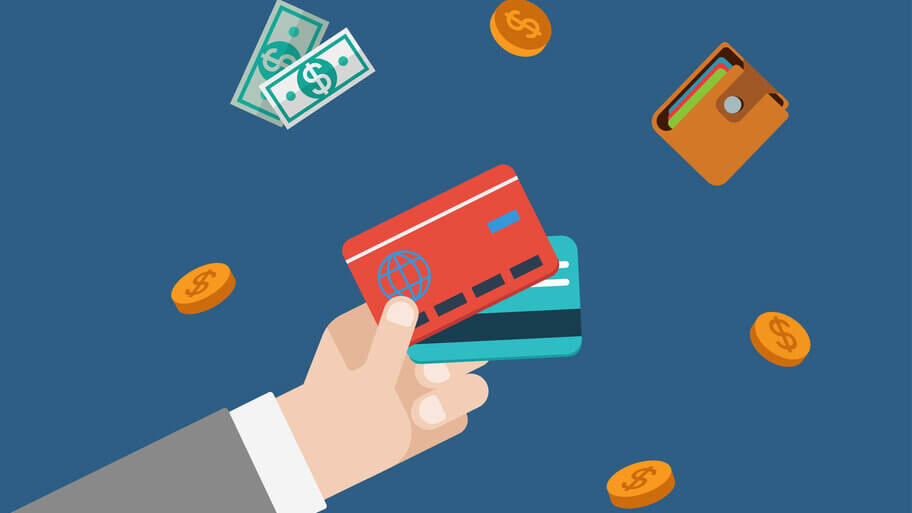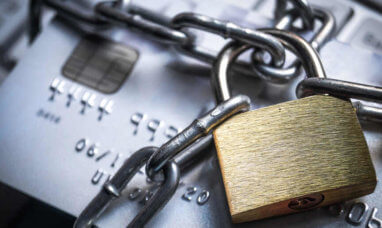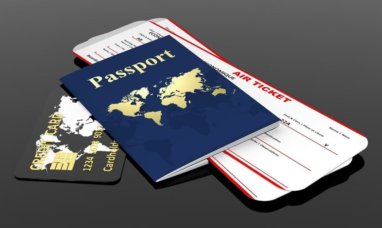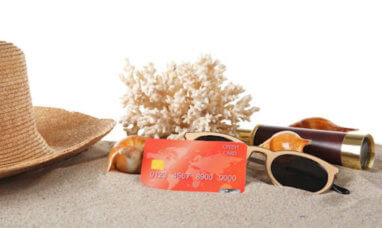According to Experian, the average American has over $5,525 in credit card debt. With this in mind, learning how to be responsible with your first credit card can play a huge role in your financial future. When credit cards aren’t used responsibly, they can result in crippling debt, ongoing late fees, and cause financial constraints. The bright side is, your first credit card can also help you establish your credit history and help you build your FICO credit score.
You may be wondering: why is a good FICO credit score so important?
Because how good your credit score is is often a determining factor when applying for loans or making more substantial purchases like buying a car or house.
Understanding FICO Scores
Your FICO score is determined by a mixture of several various factors that include your:
-
-
- Credit history- 15%
- Credit inquiries- 10%
- The amount you owe – 30%
- Payment history- 35%
- A mix of credit- 10%
-
This means you need to be mindful of more than just your spending habits to build your FICO credit score. With this in mind, your first credit card is a huge step towards financial freedom. FICO scores range from anywhere between 300 to 850. If you are looking to build your credit score to leverage larger financial purchases, it is best to have a FICO score of 690 or higher. A score in the 700s is a great place to be and an obtainable goal that will help you feel more confident when making purchases. Whether you have a 783 FICO score or a 742 FICO score, the best way to get to the score you want is by making financial decisions that make a positive impact.
Tips for Building Credit with Your First Card
Here are some ways you can use your first credit card to start building your credit the right way.
Starting with Small Purchases
Credit cards are a great tool that makes larger purchases more convenient. However, before you start spending too much all at once, you should consider trying to keep your charges to a manageable amount. We all know life happens and, sometimes there might be an emergency that may cause you to spend more than you want on your credit card, and that’s okay. Making an effort to make small, manageable purchases you can pay off monthly can help you build your credit quickly and put you on the path to make better spending habits. Consider setting a maximum monthly budget for spending with your first credit card and only using it to build your credit score.
Avoiding Late Payments
Payment history is an integral part of your credit score, and late fees can start to add up fast when you aren’t careful. Once you start utilizing your new first credit card for purchases, you must stay on track with your payments. Although payment history is only 35% of your overall credit score, not staying on top of your credit card payments can result in unwanted late fees that may result in even more debt than what you owe.
Try automating your payments or setting a reminder in your calendar. This can be a great way to keep your first credit card payments top of mind and create a good cadence for paying off your debt in a timely manner.
Best Credit Cards of February 2026
Staying Out of Credit Card Debt
Credit card debt is said to be a silent killer. When debt begins to build up, it can negatively impact your finances, credit score, and mental health. Luckily, being more self-aware of the charges you put on your credit card can help you make better, more mindful spending decisions. When you start with small, minimal purchases, you are less likely to fall into an unmanageable amount of credit card debt. Consider adding credit card payments to your monthly budget. This can help you create better financial habits and limit your spending.
Limiting Your Credit Card Spending
Every credit card comes with a credit card limit. For rule of thumb: try not to spend over 30% of your overall credit card limit to ensure that your spending habits don’t negatively affect your credit card score. Consider using your credit card to purchase lunch or a tank of gas and then pay it down at the end of the month. This is a great way to build your credit score and establish good financial habits with your first credit card.
Establishing a Long Credit History
Established credit history feeds into 15% of your overall credit score and can help you build credibility with creditors. Remember: you should never close a credit card unless you have to. Instead, try using your first credit card responsibly and sparingly to ensure that you are maximizing your results. This can be an easy way to maintain and build your credit score. Poor credit history can negatively impact how companies view you for larger purchases. For example, it will be challenging to find loans for bad credit history with no guarantor. Keep this in mind as you continue to build an established credit history and eventually look into opening other lines of credit.
Keeping an Eye Out for Fraudulent Charges
Unfortunately, fraudulent charges happen, and they can negatively impact your credit score. Make it a habit to check on your statements for any unusual activity. You can also set up push notification alerts on your phone so that you are always aware of the charges that are made on your credit card. If you suspect any credit card fraudulent activity, make sure you freeze your card and contact your creditors right away. You may also opt for card cancellation if necessary.
Monitoring Your Credit Score
Lastly, you must frequently monitor your credit score and look for ways to improve. You can start by signing up for a free account with any of the three credit bureaus: Experian, Equifax, or TransUnion. After you create a profile, you will have the opportunity to see your credit health and what may be majorly impacting your potential to receive a FICO score 763 or higher.
Understanding how credit cards work and what they do for your credit score and credit history is a critical step in making responsible purchasing decisions. Remember to stay aware of your purchasing, on top of your payments, and frequently monitor your credit card score to ensure you are making the best financial decisions.
Featured Image: Megapixl








